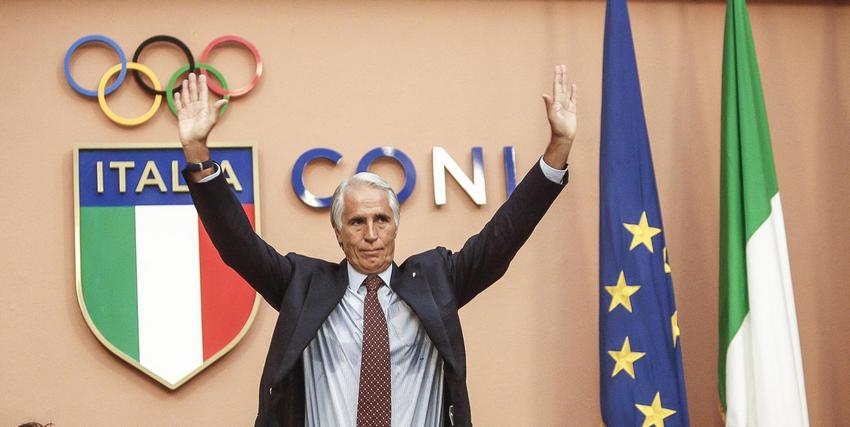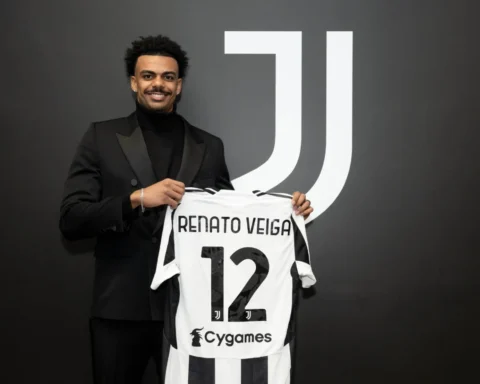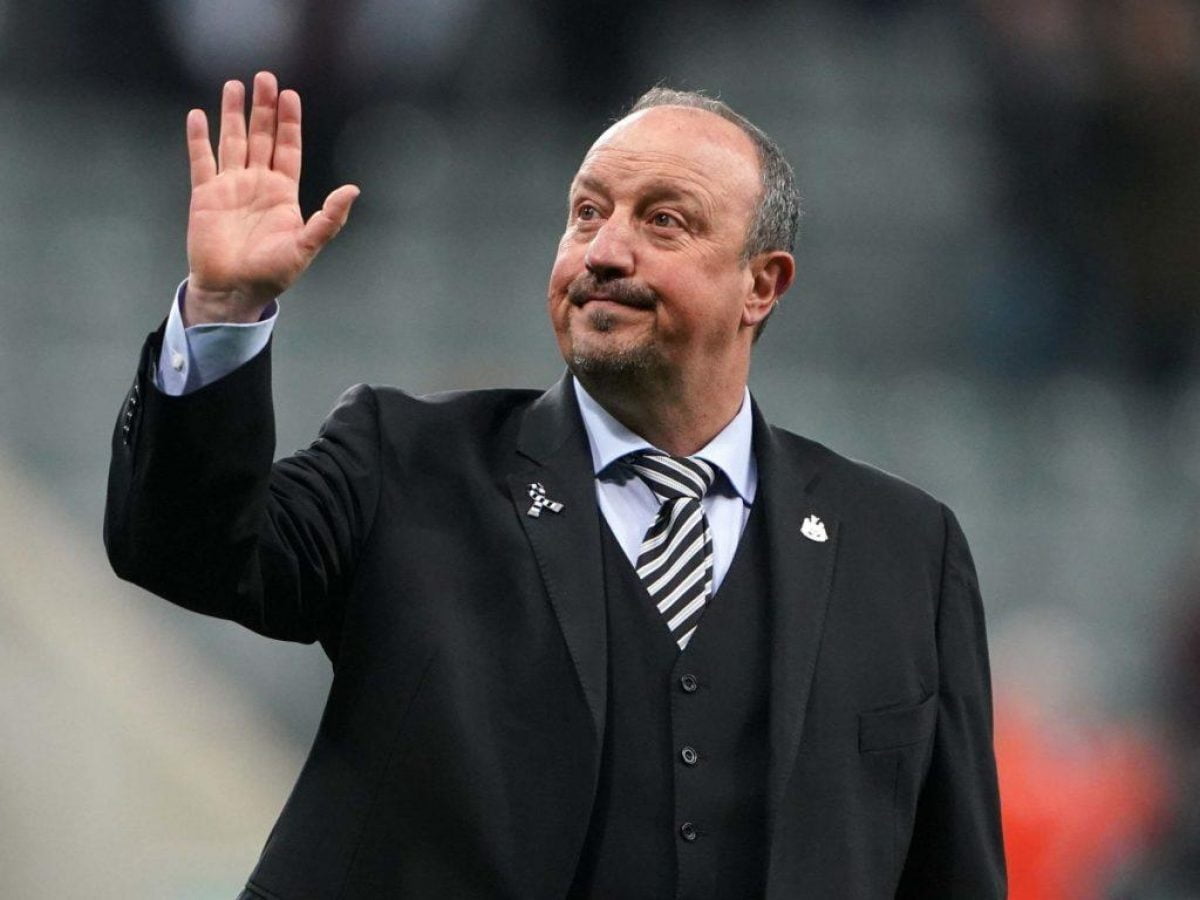CONI president Giovanni Malagò, addressed the current situation of Inter during an appearance on “Radio Anch’io Sport.” There are ongoing reports regarding the future of the club, as Nerazzurri president Steven Zhang has until today to repay a €395m loan from investment fund Oaktree Capital, or risk the club being passed over to the investment fund.
Malagò, as quoted by La Gazzetta dello Sport, insisted that the club’s fans have little to worry about, even if there is a change in ownership:
“For the general public, it’s a paradoxical situation. Fans are asking, ‘What is happening?’ It’s evident there are serious issues with repaying this kind of debt. For Inter fans, it changes relatively little whether the ownership switches from one entity to another, ironically to one that is more secure because it has the capital. This is what happens when dealing with loans and funds. Look at what happened with AC Milan; the current ownership emerged from a similar situation. This is a common occurrence with private equity funds.”
Malagò also discussed the idea of establishing an authority to oversee the finances of professional clubs. “At the beginning of last week, we met with Minister Abodi and the relevant stakeholders from football and basketball to outline the path forward. Initially, the concept was to create a government agency, but it evolved into an authority. The specifics and regulations were not clearly communicated to us. Those familiar with the topic know that the process of appointing members is quite complex. It would have been sufficient to find a streamlined method for designating individuals to Covisoc and Comtec. This would provide the same level of assurance without imposing a radical overhaul.”
He continued, “People need to understand that Covisoc and Comtec function like a notary: they certify the financial health of a club. A notary that approves the registration dynamics of a club. There is no possibility for the management of such an entity to improve the financial state beyond the certification of key elements, such as liquidity ratios. The idea behind this authority is to ensure the government can better scrutinize these accounts, but it does not solve the underlying issues of planning and development within the football world.”





